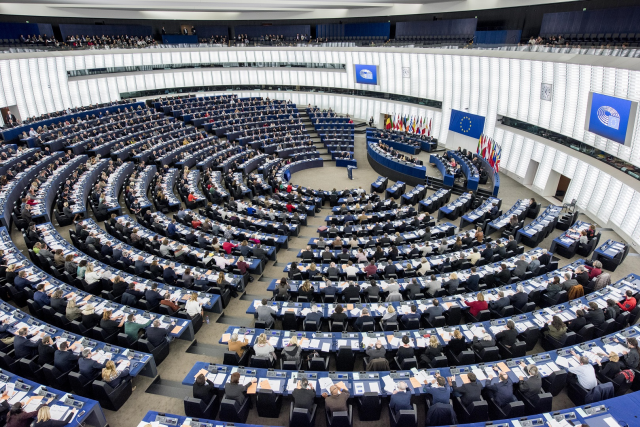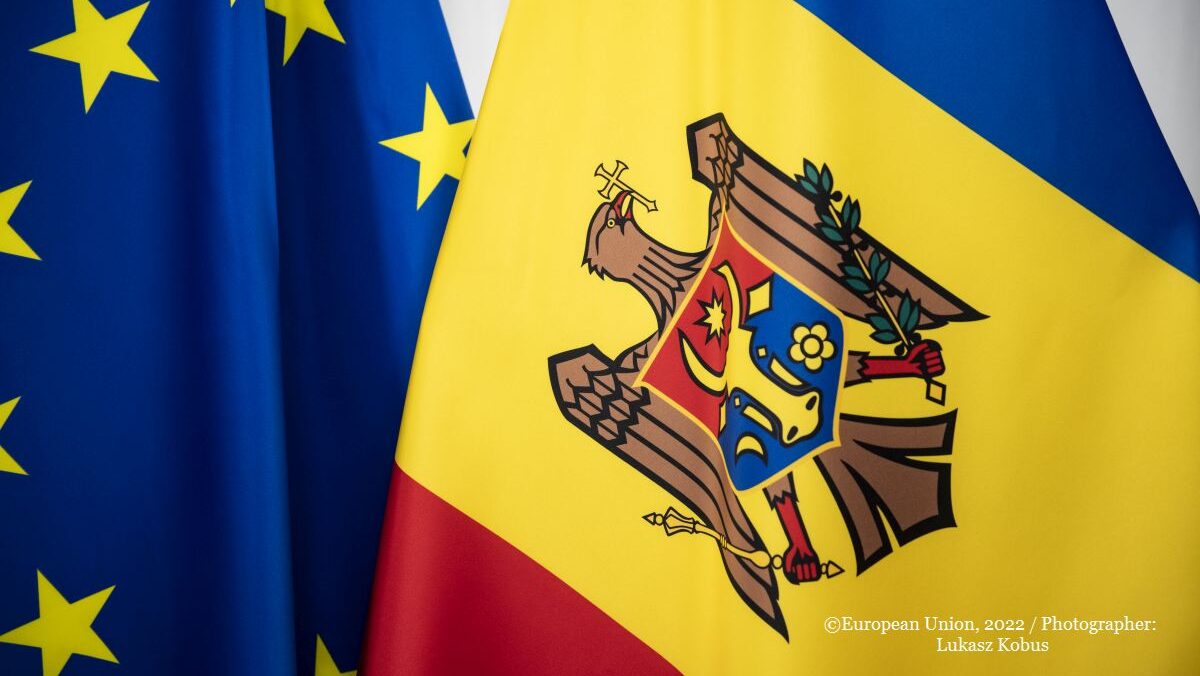One extra seat in the European Parliament for Romania
After the UK's exit from the European Union, Romania will get one extra seat in the European Parliament

România Internațional, 14.06.2018, 13:24
Once Brexit becomes official and London exits the European Union, it will also lose its 73 seats in the European Parliament. On Wednesday, the Euro MPs approved by vote the distribution of the seats that will thus become available. 46 may be used for a possible future expansion of the Union. The other 27 seats will be shared among the 14 member states that are currently under-represented. Romania is one of them, and it may get an extra seat to reach 33 in total.
The document adopted reads that the new distribution of the seats is to be applied only if the UK leaves the European Union. If it doesnt, the current distribution remains in place until Brexit is final from a legal point of view. The number of MEPs now stands at 751, to reach 705 after Brexit. Radio Romanias correspondent in Brussels reports that the new structure of the European Parliament will need the formal agreement of the leaders of the member states, who are due to meet at the end of the month for their regular summer summit.
In Bucharest, the Minister Delegate for European Affairs Victor Negrescu welcomed the European Parliaments approval of the new distribution of seats, under which Romania is to get one extra seat in the future Parliament, in 2019-2024. After the UKs exit, Romania becomes the European Unions sixth largest country and its citizens will be better represented in the European Parliament, minister Negrescu said. He also explained that this means more responsibility for the European project, for which Romania is preparing, given that it will take over the rotating presidency of the Council of the European Union in the first half of next year.
All EU member states will hold European elections in less than a year, between the 23rd and the 26th of May 2019. Commentators in Bucharest dont expect the upcoming elections to be any different from the previous ones held after Romanias entry into the Union in 2007. On the one hand, Romanian voters have showed little interest in these elections, with a turnout lower than in the presidential, parliamentary and local elections. On the other hand, Romania has been sending to Brussels Euro MPs that belong, almost exclusively, to the three big democratic families on the continent: the (Christian-Democrat) peoples group on the right of the political spectrum, the (progressive) Socialists on the left and the Liberal-Democrats in the centre. This is the case with 30 of Romanias 32 Euro MPs in the current Parliament. In other words, Romanian voters have not fueled extremist, populist and euro-skeptic groups in the European Parliament.
(translated by Cristina Mateescu)






























